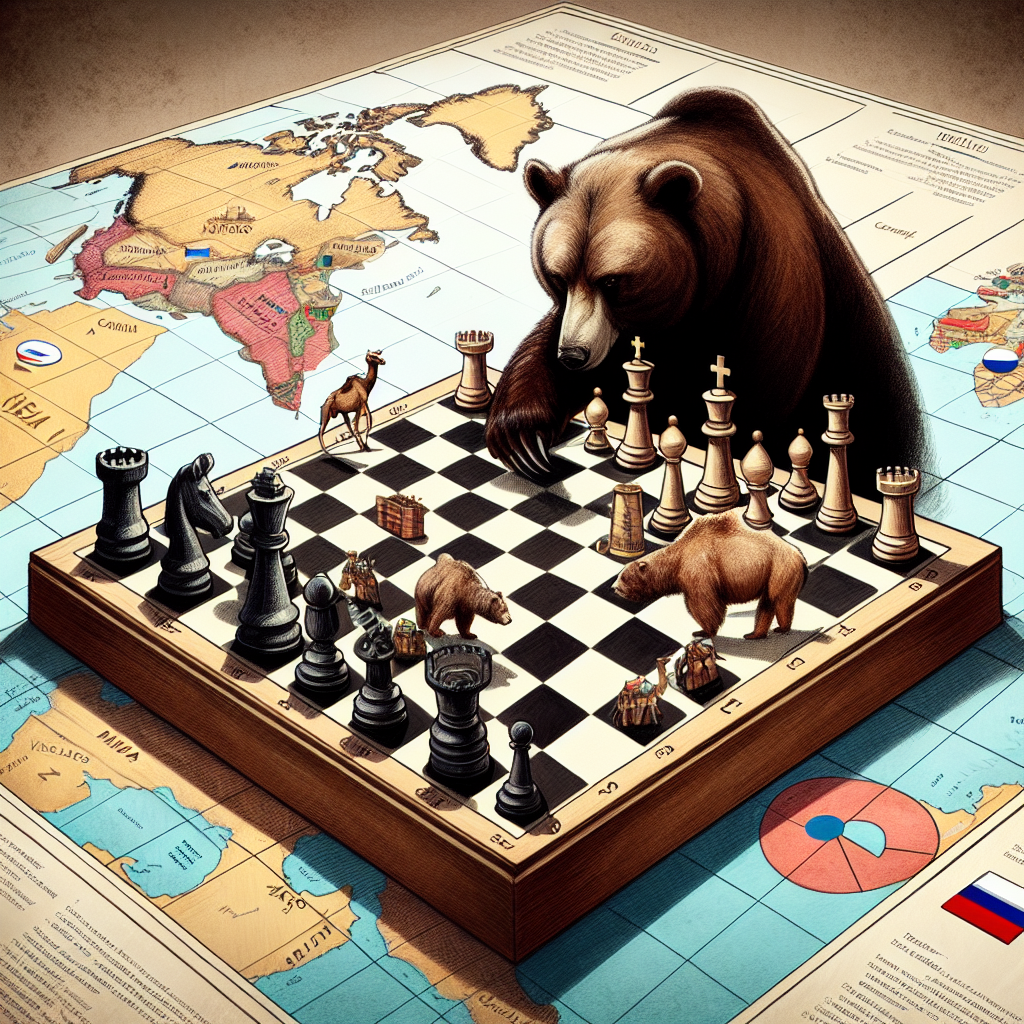Russia’s Objectives in the Middle East: What Are They?
Russia’s Objectives in the Middle East: What Are They?
Introduction
Russia’s involvement in the Middle East has been a subject of global interest, with its strategic objectives shaping regional dynamics. This summary explores Russia’s key goals and motivations in the region, providing insights into its geopolitical maneuvers.
Strategic Military Presence
Russia aims to establish a robust military presence in the Middle East, leveraging its influence to project power and secure its interests.
- Maintaining military bases in Syria to ensure a foothold in the Mediterranean.
- Strengthening alliances with regional powers to counterbalance Western influence.
- Engaging in arms sales to bolster relationships and economic interests.
Energy and Economic Interests
The Middle East’s vast energy resources are a significant focus for Russia, aligning with its economic and strategic goals.
- Securing energy partnerships to enhance its role as a global energy supplier.
- Investing in oil and gas projects to diversify economic ties.
- Collaborating with OPEC to influence global oil prices.
Diplomatic Influence and Regional Stability
Russia seeks to position itself as a key diplomatic player, mediating conflicts and fostering stability in the region.
- Engaging in peace talks to resolve conflicts, such as in Syria and Libya.
- Building relationships with both state and non-state actors to expand its influence.
- Promoting a multipolar world order to challenge U.S. dominance.
Conclusion
Russia’s objectives in the Middle East are multifaceted, encompassing military, economic, and diplomatic dimensions. By establishing a strong presence, securing energy interests, and enhancing its diplomatic influence, Russia aims to assert itself as a pivotal power in the region. These strategic moves not only bolster its global standing but also contribute to shaping the geopolitical landscape of the Middle East.






































